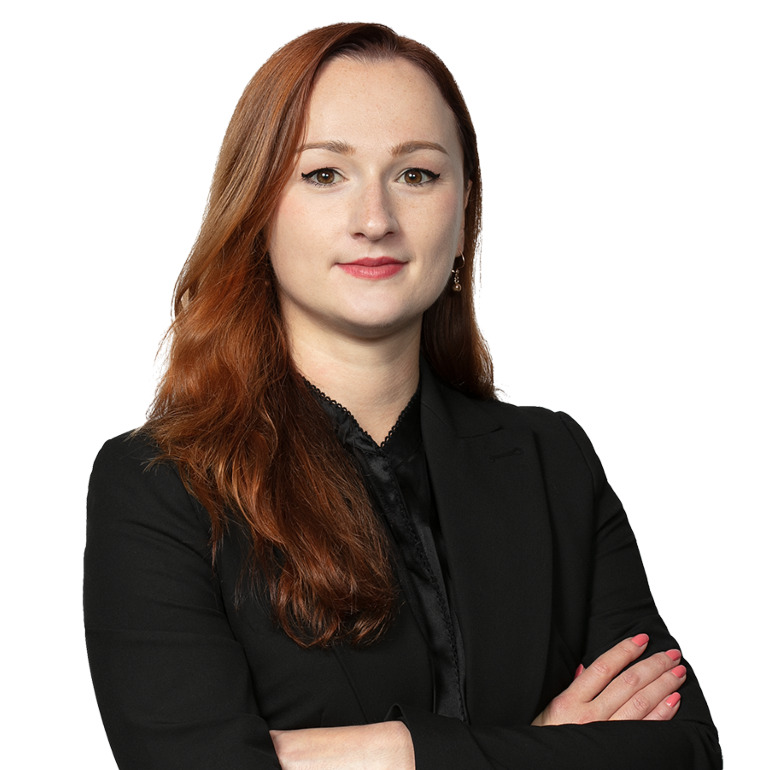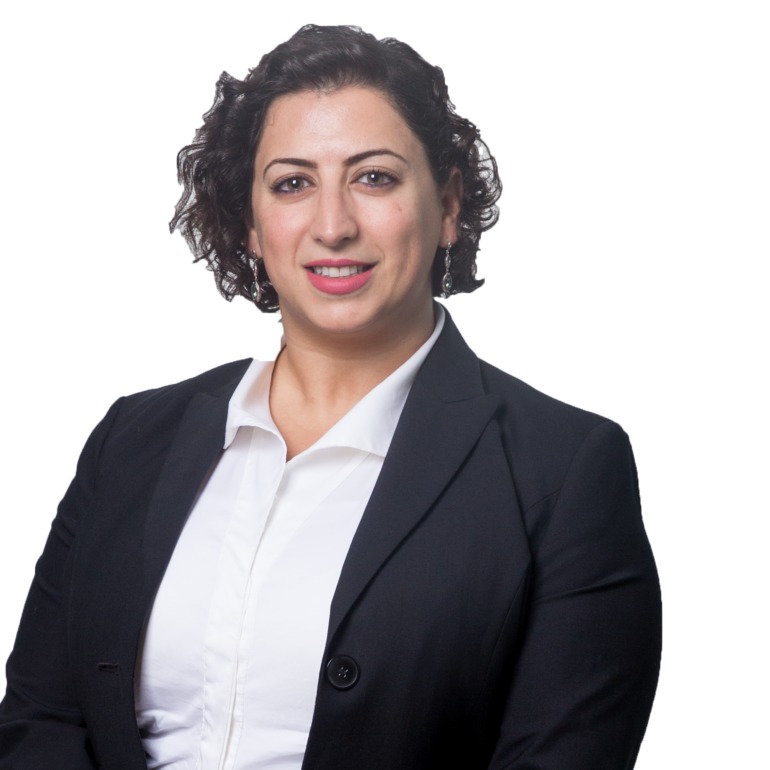Legal Update
Jul 5, 2022
July 2022 Global Immigration Alert
Please note: while we address some country-specific updates related to the COVID-19 outbreak, the below contains information regarding global restrictions and closures as they stand today. Given the constantly changing nature of this situation, we highly recommend reviewing any global mobility inquiries on a case-by-case basis, including any consulate-specific or immigration authority resources, in “real-time” before traveling internationally. Please reach out to our Global Mobility Team in advance of any international travel.
Canada - Immigration Backlog Reaches 2.4 million: What Does This Mean For You?
The immigration backlog in Canada has now increased to 2.4 million people, with over 250,000 applications added in the last month alone.
According to recent data from Immigration, Refugees and Citizenship Canada (IRCC), this backlog affects all categories, from temporary residence and permanent residence to citizenship applications. IRCC is looking to reduce application inventories by hiring new processing staff, digitizing applications, and implementing technology-based solutions such as digital intake and advanced analytics, but it will take some time to fully work through the backlog.
A few of the current processing times to be aware of:
- Temporary Resident Visa (inside Canada): average of 130 days
- Work Permit applications (inside Canada): average of 150 days
- Work Permit applications (outside Canada)
India: average of 40 weeks
China: average of 17 weeks
UAE: average of 62 weeks
USA: average of 10 weeks
- Permanent Residence Card renewal: average of 60 days
- Citizenship applications: average of 27 months
Please note that these processing times may change at any time, and without notice. In addition, a number of factors can impact one’s application and these include: the type of the application submitted and how well and quickly applicants respond to the IRCC requests (such as completing biometrics and additional information). Further processing delays may be caused due to the complexity of the application.
Canada Eases Vaccine Requirements for Domestic Travelers
On June 20th, Canada announced that it will suspend its vaccination requirements for domestic travel, as well as travel from Canada to abroad.
Canada has also suspended random COVID-19 testing at all airports as a means to reduce congestion. Travelers who are unvaccinated will still be tested upon arrival, but they will be tested offsite beginning on July 1st.
Canada’s amendment to the “Super Visa” program for Parents and Grandparents
The Canadian government established Super Visas in 2011 to address the long processing times of parental sponsorship. IRCC welcomes around 17,000 people to Canada through the Super Visa program each year.
The Super Visa is a multi-entry visitor visa that is valid for 10 years and may be granted to qualified parents and grandparents of Canadian citizens and permanent residents. IRCC has announced the following changes to the Super Visa program, which will take effect on July 4th, 2022:
- Length of stay for Super Visa holders will increase from 2 years to 5 years per entry into Canada.
- Current Super Visa holders will also have the option to extend their stay by up to 2 years at a time while in Canada.
- Insurance coverage, which is a requirement for the Super Visa, will open up to designate international medical insurance companies as well as Canadian insurance providers.
China - Continued Ease
We continue to see an ease in visa requirements in mainland China.
Z work visa applications no longer need to be accompanied by a PU letter. The same applies to visa applications filed by the accompanying family members, the so-called S 1 or S 2 visa applications.
The M visa application for a business visitor visa, however, still require a PU letter so that additional four to six weeks’ lead time need to be calculated.
Looking at entry requirements, it is necessary to be fully vaccinated in order to enter mainland China. The vaccine must be one of the approved vaccines from the WHO list:
- Pfizer-BioNTech COVID-19 Vaccine
- Moderna (mRNA-1273) COVID-19 Vaccine
- J&J COVID-19 Vaccine
- Oxford/AstraZeneca COVID-19 Vaccine
- Sinopharm COVID-19 Vaccine
- Sinovac COVID-19 Vaccine
As of June 30, 2022 the quarantine is reduced from 21 days to 10 days in Shanghai. It is expected that other cities will follow soon.
Romania - Digital Nomad Visa Introduced
Romania recently introduced a digital nomad visa category, which requires the following:
- Activities abroad. The applicant must be employed abroad and must seek to continue the economic activity abroad through information technology channels.
- Sufficient funds. The applicant must be able to demonstrate sufficient monthly financial means, at least three times the national average gross salary (currently RON 6,095), during the six months before the visa application and for the entire visa duration. This translates to a RON 18,285 monthly income requirement.
- It is important to note that supporting documentation may need to be legalized and translated so that additional lead time may be needed.
- Validity. The visa will be granted for six months, and will be renewable if the applicant continues to meet eligibility criteria. It is not yet clear whether there is a maximum on renewals.
Singapore - Entry Requirements for Pass Holders
All pass holders (including work pass holders and their dependents) must be fully vaccinated before entering Singapore. The following groups are exempt from the COVID-19 vaccination requirements for entry to Singapore:
- Pass holders aged 17 years old and younger (based on birth date) as of the date of arrival.
Please note, those aged 13 to 17 years old must complete their full vaccination regime within 2 months of arrival. - Pass holders who cannot be vaccinated due to medical condition(s).
Employers must file an exemption request with a doctor’s memo at least 3 weeks before the planned arrival date here. The exemption request must be approved before pass holders can enter Singapore.
The pass holders must undergo a medical review within 30 days of arrival. If the Singapore-registered doctor does not exempt them, they must undergo the full vaccination regime within 2 months.
Further information can be found here.
United Kingdom - Visa processing times
The UK Visas and Immigration agency (UKVI) is currently prioritising applications made under the Ukraine Visa Scheme in response to the humanitarian crisis arising from the invasion of Ukraine. As a result, the processing times for other categories of UK visa applications are taking longer, and continue to be disrupted due to the flow of people out of Ukraine. The global average processing times according to the UKVI are as follows:
- Visit visas – average of 6 weeks
- Student visas – average of 5 weeks
- Work visas – average of 6 weeks
It is important to remember that these timescales may vary from region to region. Information has been updated on the Visa decision waiting times GOV.UK page and often standard processing delays are also emailed to all individual applicants.
Priority and Super Priority visa services continue to be temporarily suspended for new study, work, and family visa applications but are still available for visitor visa applications in some locations and purchased via the commercial partner website.
List of Universities under High Potential Visa is Published
The High Potential visa program was launched on 30 May 2022 for new applicants. Anyone can apply provided the applicant graduated from an eligible university within the five (5) years immediately prior to making an application. The Home Office publishes a global universities list and if a specific university is listed, then an individual is eligible to apply - subject to satisfying any other criteria.
Notably, the High Potential visa does not require a job offer or sponsorship. The visa will be granted for two (2) years for all graduates with Bachelor’s or Master’s degree or for three (3) years for PhD graduates. This visa does not lead to settlement in the long-term, but allows individuals to switch into another route.
Almost half of the universities on the list are located in the USA, so this is a fast and cost-efficient route to relocate graduates from the US to the UK. However, others found it disappointing that the list excluded universities from several parts of the world, such as those from Africa, India, Latin America, and the Caribbean.
Authors
 |
 |
 |
||
|
Nelli Shevchenko |
Rania Abboud |
Gabriele Vennewald |
